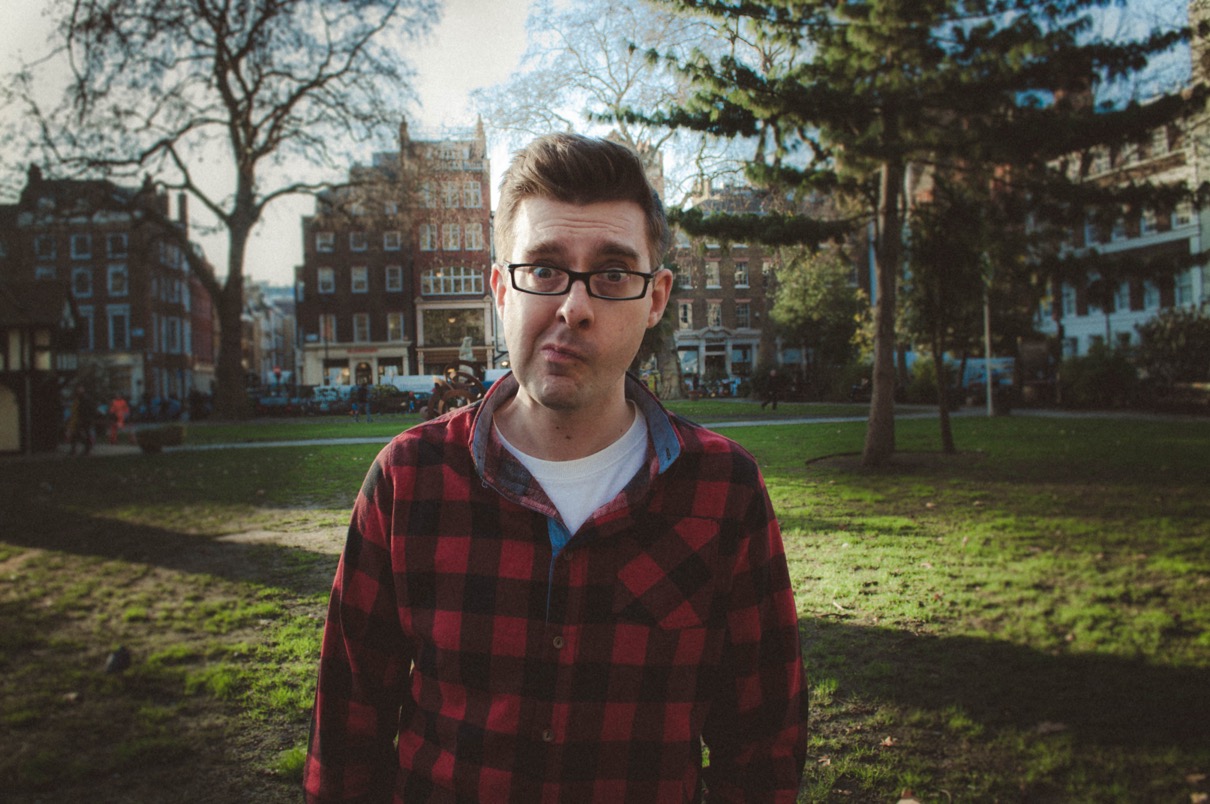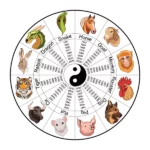Exclusive Simon James Green interview – Tasha H. and Eri S.
We sat down with LGBTQ+ author Simon James Green on the 19th of June. Immediately he seemed very personable, very intelligent, and very passionate about his books.
He has written a range of books, from “Sleep-over Take Over,” a children’s book, to his YA novel “Boy Like Me,” where two boys begin a secret relationship through the margins of a library book. When talking about queer literature, a topic that came up was Section 28, a law passed in 1988 that essentially banned mentions of homosexuality in schools and publishing materials. It was only repealed in 2003, showing how young queer literature (especially aimed at children) is in England. It’s sad to think of all those who unfortunately had to grow up in schools where their identity wasn’t validated or represented in any way, but luckily there are many authors like Simon who are helping to create a better word for queer literature. Thankfully, at RHS we have Mrs. Burns, our librarian, who refuses to engage in censorship, allowing students to find books that show different identities and ways of life.
Within his books, Simon writes about complex themes ranging from gender and sexuality to death and grief. Although these topics may be more normalized, conversations around them are still considered taboo and hold a lot of stigma. When asked about how he is able to express his opinions on these topics in his books while balancing the stigma around them, even when targeting different age demographics, Simon explained how the use of humour becomes a superpower. The best way to explore these themes, he believes, is in a “fun sort of way that doesn’t seem intimidating,” going on to talk about how comedy allows people to be more open-minded.
When asked about his career ambitions when he was younger, Simon revealed about how he loved creative writing and reading, but he only got into professional writing later on in his life. This was because he had first studied law at Cambridge, but after some work experience, decided that it was important to him do something that he enjoyed, so that was what he did. He spent a lot of time trying to make it work because the creative industry is very competitive, but now all the hard work has paid off and he is now a very successful author.
Upon the topic of his favourite book he had written, he said he found it hard to pick a favourite. “It’s like picking a favourite child, if I had kids.” He did admit that his first book “Noah Can’t Even” ‘had a special place in his heart’ because it was hist first book and reminisces the feeling that he got when he walked into Waterstones and saw his book on the table for the first time. Simon talked about how he loved writing his book “Gay Club” because it gave him the opportunity to add some politics and bring in some topical issues, as well as challenge some of the things people are saying online about the queer community.
Talking about the evolution of young adult literature, Simon observed that there has been a slight change from lots of happy endings to more serious topics, such as his book “Boy Like Me”, which he wrote as a response to a new wave of LGBT hate. He also talked about how YA is very diverse, and there is lots of representation for everyone in the , and how more authors are talking about their different experiences. Therefore, he hopes that YA will become a place where everyone can find themselves.
In a talk to Year 9 students earlier that day, he discussed book bans, explaining their dangers and the importance of reading. In our interview, he also talked about his personal experience with censorship when his book was banned from a school in Croydon. He explained how his worst thought was for those within the LGBTQ+ community at that school, being sent a message that they didn’t belong.
When asked about his thoughts on intersectionality, Simon highlighted the importance of being aware of the different identities people have within different spheres such as race, class, sexuality, gender, and many more. He talked about his role as a white man in creating space for marginalized individuals and knowing when to step back, giving others from different communities the voice to speak. A particularly interesting quote from him was that “There is no one way to be a person.” His insightful responses to sensitive topics truly show how much of an amazing person and talented writer he is.
Simon then went onto to discuss how other authors have influence him, with Agatha Christie being a major influence in his passion for reading with all her books and plot twists. Another book that had influenced him was “Secret Diary of Adrian Mole, aged 13 and 3/4” by Sue Townsend. He recalls this as the first time as seeing a “really awkward teenage boy in a book”, which was a “life-changing moment”. Simon loved how it was a book that showed an ordinary slice of life, which people could relate to, and that is something that he has always aimed for in his books.
As our final question, he indulged us with writing tips that he uses, admitting he is the type of author who has to shut himself away and only focus on what he is writing. He enjoys creating music playlists that match the energy of his books, to really help him imagine what the characters are like.
Overall, it was a pleasure to interview him, and thank you to Mrs Burns for allowing this opportunity!















Post Comment
You must be logged in to post a comment.